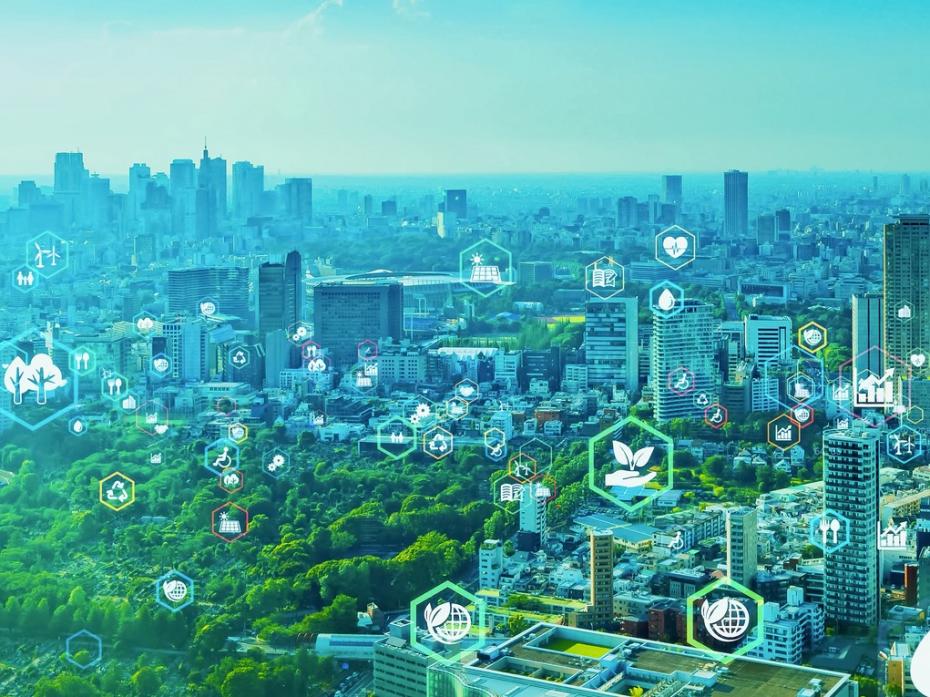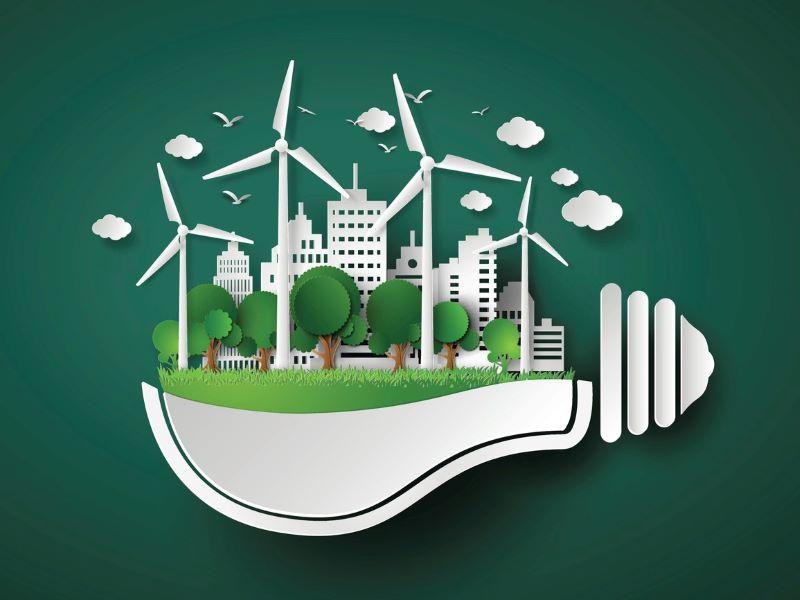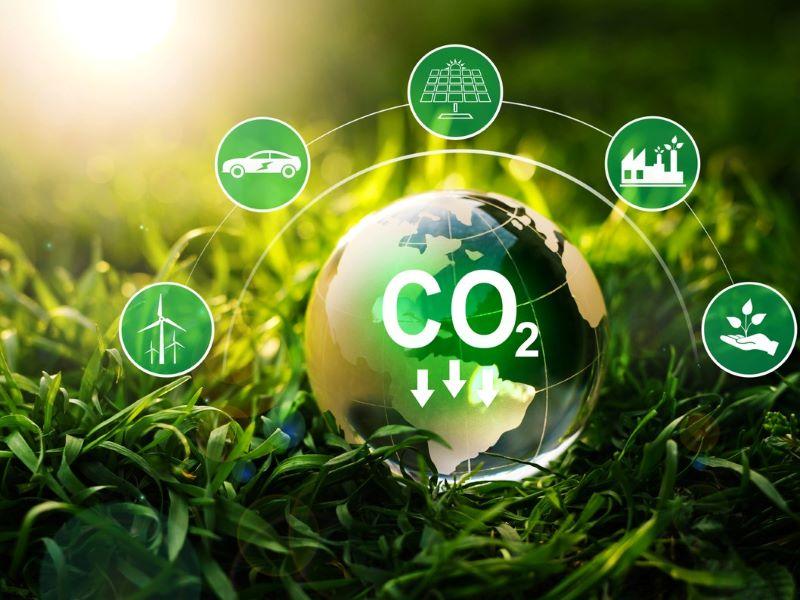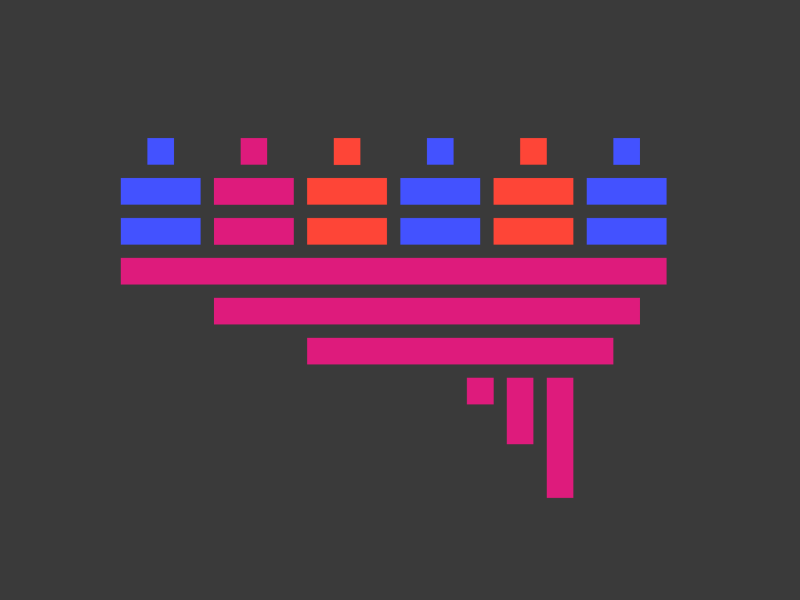
Transformative not transmissive education for sustainability

You may also like
With the breathless excitement and hubris surrounding the Times Higher Education Impact Rankings and the sector’s rush to embrace these, we need to keep sight of what is really at the heart of sustainability education.
The vexed quest for sustainable development and what sort of teaching and learning is needed in this chaotic world has spawned four decades of debate, discourse, work and experimentation. The THE Impact Rankings rightly centre commitment to and delivery of sustainability education in SDG 17 (partnerships for the goals) – the only mandatory inclusion in the rankings’ methodology. The metric on education for the SDGs recognises institutions with dedicated programmes that address sustainability and the SDGs.
- To offset or not to offset – that is the question
- For the common good: why we need ecological universities
- Embrace students’ eco-anxiety to spur critical and systemic climate action
But how exactly is this interpreted at a university level, and what do these programmes deliver? In responding to this question, we see three distinct areas emerging, each with different orientations and outcomes.
First, there has been a burst of education about the SDGs in programmes across the disciplinary breadth of institutions across the world. This type of content engagement, “learning about sustainability”, allows students to recognise the 17 SDGs – or at least the ones that specifically relate to their discipline – and to learn about and understand the larger global framework and purpose. Students would maybe (hopefully?) learn about the targets that underpin the goals and the complexity of what this means at a global and national level. They might respond to quizzes and reflective pieces on the global agenda and be able to articulate what the key contested definitions are.
Second, there are curricula and programmes that contribute to the intent of the SDGs, or a singular SDG. These programmes and specific learning activities allow students to acquire the knowledge and skills needed to promote sustainable development, usually in their discipline. For example, offerings in environment science with specialisations in climate change and adaptation could reasonably be aligned to delivering on SDG 7 (clean energy) and SDG 13 (climate action). Similarly, a programme on health science and promotion could be identified with SDG 3 (good health and well-being).
Third, a more complex, daunting ask of the academy – transformative sustainability education embedded across all programmes of an institution. Education for Sustainability (EfS), otherwise known as Education for Sustainable Development (ESD), is a pedagogical approach that encompasses transformative learning, values and worldviews, systems and complex thinking, envisaging a better future, and becoming change-makers. Pedagogies that create EfS competencies focus on what a graduate can do as much as on what they learn. They aim to develop graduates who can critically envisage better futures and take action towards it. At their core, such sustainability competencies are reflective of the “head, heart and hands” approach of several educational philosophies and thought of as whole-person learning: cognitive, socio-emotional, affective. Learning for EfS is transdisciplinary, collaborative, participatory and action-oriented.
| Think (cognitive) | Care (socio-emotional) | Do (praxis) |
| Thinking ethically, critically and creatively to apply a systems and futures thinking perspective to problems and opportunities underpinned by an understanding of fundamental ecological principles. | Respecting and valuing multiple perspectives from a diversity of people, values and worldviews (a socio-cultural literacy) and taking a deep appreciation of and reconnection with environment and place - the more-than-human along with the human. | Engaging in practical and effective action and applying ecological knowledge to the practice of ecological design. |
Acknowledging that sustainability is not a state nor an end point, but a practice and an ethic, there are a number of guiding principles that underpin this whole of person learning. We need – now more than ever – leaders who are able to:
- learn and question prevailing epistemic beliefs, values and assumptions
- understand the interdependence of society, economy and the natural environment, from local to global scales
- understand earth system boundaries and limits for the economy and our society
- accept intergenerational equity, rights and responsibilities, participation and cooperation
- promote quality of life, equity, justice and diversity
- understand the importance of cultural, social, economic and biological variety for humans and the wider, or “more than human”, world
- acknowledge and navigate uncertainty, disruption and complexity.
As the economist and statistician E. F. Schumacher wrote in 1974:
“The volume of education has increased and continues to increase, yet so do pollution, exhaustion of resources, and the dangers of ecological catastrophe. If still more education is to save us, it would have to be education of a different kind: an education of the depth of things.”
If we are serious about the global higher education sector delivering graduates who are capable of facing the world’s challenges and addressing the SDGs, we need institutions that seriously understand and invest in transformative sustainability education and the near impossible task of whole of institution reorientation to this critical endeavour.
Jen Dollin is head of sustainability education and doctoral candidate in the Centre for Educational Research, School of Education; Brittany Vermeulen is sustainability coordinator and doctoral candidate in the School of Science; and Susan Germein is a sustainability educator; all in the Office of the Pro-Vice Chancellor (Learning Futures) at Western Sydney University.
Acknowledgement: Western Sydney University acknowledges the Dharug, Eora, Dharawal and Wiradjuri peoples and thanks them for their support of our work on their lands. Our Sustainability and Resilience Strategy 2030 recognises the vital importance of First Nations wisdom. “Embrace Indigenous knowledge for pathways to sustainability and caring for country” is the first of our nine interlocked strategic priority statements that present both a challenge and an opportunity to the university community.
If you would like advice and insight from academics and university staff delivered direct to your inbox each week, sign up for the Campus newsletter.


